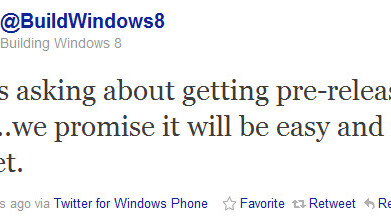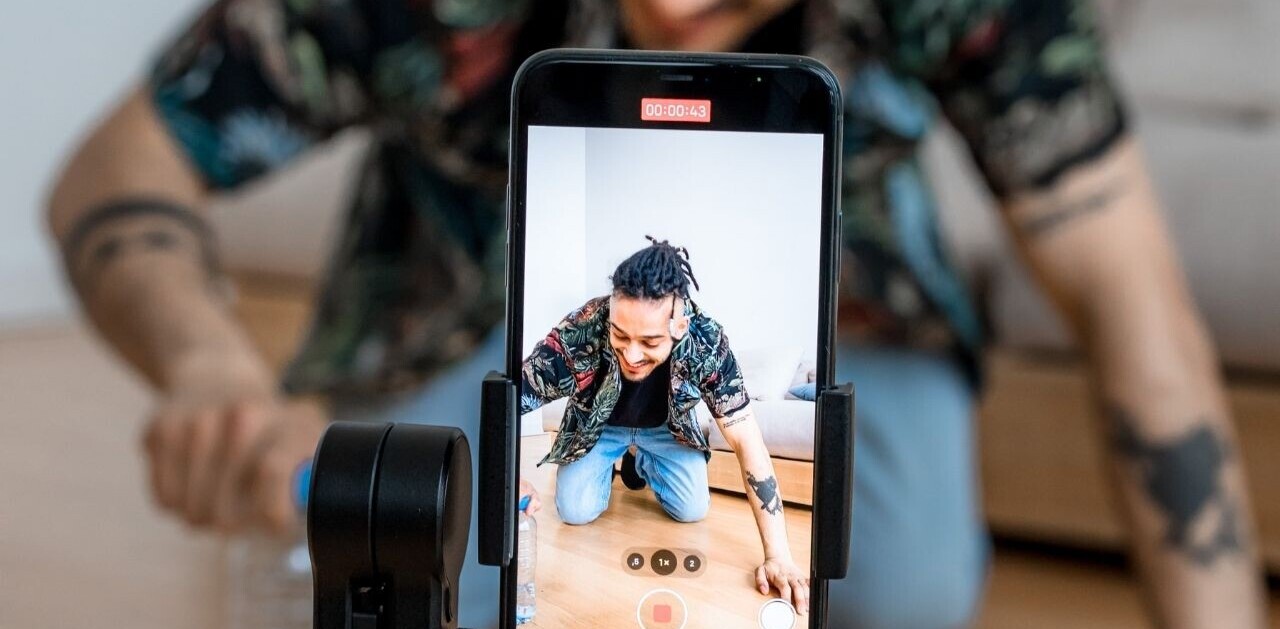
 It’s 1995. You log onto IRC and see messages scrolling down the screen faster than you can keep up. You join the conversation and get to know the group. Fast forward to 2008, to a time when the ever popular Facebook and Twitter rule the world. You feel pressured to accept your boss as a friend on Facebook, and you have followers that you don’t even know. Come 2009, you’re starting to feel anxiety for accepting your boss and you wonder if you should or should not post that picture from Saturday night. Digital backlash sets in.
It’s 1995. You log onto IRC and see messages scrolling down the screen faster than you can keep up. You join the conversation and get to know the group. Fast forward to 2008, to a time when the ever popular Facebook and Twitter rule the world. You feel pressured to accept your boss as a friend on Facebook, and you have followers that you don’t even know. Come 2009, you’re starting to feel anxiety for accepting your boss and you wonder if you should or should not post that picture from Saturday night. Digital backlash sets in.
In 2010 it seems like almost everyone has experienced a moment of social networking regret. Whether it’s saying the wrong thing, oversharing personal information, or associating with the wrong crew, 2010 marks a year for introversion for many. On the social networking battle field, people are dropping like flies and canceling their Facebook accounts or taking a break from Twitter. These social networking casualties are looking for new ways to share and interact with select friends in a more private and intimate setting.
In 2010, developments in technology are moving towards selective sharing and group chat – a way to enjoy the benefits of social networking like connectivity, without any of the backlash incurred from oversharing and bad networking etiquette. In 2010 are we moving back to the chat rooms of the 1990s?
For some, yes. Those who are fed up or worried about privacy with the ever popular Facebook and Twitter are looking for apps that allow them to share with select friends, and one of these apps is Blackberry Messenger. One of the benefits is the group chat aspect. Blackberry power user Nan Palmero explains that he prefers BBM to Facebook or Twitter because, “We use special BBM groups especially during conferences or get-togethers where different people are coming meeting from around the globe. It makes it easy to get together for events and parties without telling everyone where the party’s at. Also, it prevents me from sending 20 different e-mails or DMs to inform people. It’s my free micro logistical empire” 28 million users strong, the BBM platform will continue to grow as more apps (like games) and devices further integrate the system.
But like… who cares? Isn’t this the 2010 version of AOL Instant Messenger? Yes, and it’s back. While other mobile companies are advertising their phone’s social networking capabilities for Twitter and Facebook, Blackberry is looking towards the future by looking to the past to promote BBM and chat. Good old intimate chat with people you actually know. This could be because BBM is the only cool feature Blackberry has to offer when compared to iPhone or Android, but it also could be a genius move based on this idea of introversion. Take your pick.
Another leader in the digital backlash movement has been location-based sharing apps like Foursquare. Since Foursquare’s inception, there’s been some serious concern over whether sharing your exact GPS location with strangers on Twitter or Facebook is a good idea. For people who think that there is some benefit to sharing your location using an app, there have been versions of Foursquare created that help you only share information with real friends. Last week I wrote about Rally Up, an app that lets you share location information but distinguishes who your “real friends” are, and who your “feed friends” are. That means that even if you accepted a “friend” on Rally Up due to social pressure, you don’t have to share your location with them. You could instead send out a push notification to your real friends who may actually want to spend some face time with you.
The final throw-back to the simpler times of the 90s, is Facebook Groups. The newest feature introduced by Facebook, Groups allows users to create small private groups within Facebook. Within these groups, users can chat in a single window, share things like photos and videos that only people within the group can see. It’s pretty much a way to filter out the noise and focus solely on your core friends or people that share a similar interest. Obviously clients like this have been around in the past, for example FriendFeed, but what makes this one different is that it’s powered within Facebook. What was once the Mecca of oversharing for over 500 million users, Facebook is now taking measures to better protect users privacy both from the outside and from within their own social network of friends.
All of these developments were not only developed for privacy, but rather to give users a choice within their social networks. Not everything needs to be shared publicly on Twitter, or with your extended network of friends, family, and exs on Facebook. Maybe there’s something to this idea of protecting your personal information in the online space. Perhaps, we’re moving towards a simpler time, a more personalized time online, like the 90s. Maybe, just maybe, it’s time to bust out my scrunchie and New Kids on the Block t-shirt.
Get the TNW newsletter
Get the most important tech news in your inbox each week.





